Four years ago today, Iran’s anti-terror icon General Soleimani announced demise of Daesh
Four years ago today, Iran’s top military commander Lieutenant General Qassem Soleimani, in a letter to Leader of the Islamic Revolution Ayatollah Seyyed Ali Khamenei, confirmed that the Daesh Takfiri terrorist group had been fully eliminated, after years of barbaric brutality and bloodshed it committed against the armies and the civilian populations of Iraq and Syria.
Daesh, known mainly as the ISIS or ISIL in the Western world, was founded by Abu Musab al-Zarqawi and became known internationally in 2014, after driving Iraqi security forces out of key cities in lightning attacks, followed by the capture of the strategic city of Mosul.
For several years, the group carried out the most savage attacks against civilians and government forces in Iraq and Syria alike. Just to name a few, the Sinjar massacre during which thousands of Izadis were butchered, and the killing of more than 2,000 cadets and personnel at a military academy in Iraq’s Tikrit. They also inflicted irreparable damage on Iraq’s vital infrastructure.
More on Sinjar and massacre of Izadis:
The savagery was beginning to raise concerns in the international community about the situation in the two Arab countries. Several regional nations, including Iran, were already viewing Daesh as a national security threat. That prompted Iranian authorities to move to assign General Soleimani to take on a military advisory role to help those countries eradicate the terror group.
With the liberation of Abu Kamal – a Syrian city close to the border with Iraq that was the last stronghold held by Daesh, the bringing down of the flag of the terrorist group, and the raising of the flag of Syria – General Soleimani announced the termination of the rule of Daesh. In a letter sent to the Leader in November 2017, the revered commander outlined the masterminds behind the creation of the terrorist group.
“All these crimes have been designed and implemented by US leaders and organizations, according to the acknowledgment of the highest-ranking US official who is currently president of the United States; moreover, this scheme is still being modified and implemented by current American leaders.”
The Iranian commander also hailed Ayatollah Seyyed Ali Sistani for mobilizing all facilities to fight the scourge and praised resistance forces in Iraq and Syria for their role in defeating the terrorist group. “Certainly, the resistance of the Iraqi and Syrian governments and the perseverance of the armies and youths of these two countries, especially the holy Popular Mobilization Forces (PMF), al-Hashd al-Sha’abi, and other Muslim youth from other countries with the prominent presence of Hezbollah led by its great leader, Sayyed Hassan Nasrallah, played an important role in overturning this dangerous event.”
General Soleimani also acknowledged Iran’s role in bringing the life of Daesh to an end. “Definitely the valuable role of the nation and the government of the Islamic Republic of Iran – the respected president in particular – the parliament, the defense ministry, as well as the police, military and security organizations of our country, in supporting the above-mentioned states and nations, is admirable.”
General Soleimani, along with the deputy commander of the Iraqi Popular Mobilization Units (PMU) Abu Mahdi al-Muhandis, was assassinated in a cowardly act of terror carried out by a US drone in the Iraqi capital, Baghdad, in January 2020, as part of a vicious plot to remove a force against an evil group created by the US and its allies to pursue their malign political goals in West Asia.
Leader: Iran has no proxy forces in West Asia
US fighter aircraft shot down ‘in friendly fire’ amid aggression on Yemen
Yemeni FM: Israel’s sponsors accountable for ongoing aggression on Sana’a
Eight Palestinians killed as Israel attacks Gaza school, hospitals
VIDEO | Rome, Milan host new protests in solidarity with Palestinians
Dec. 21: ‘Axis of Resistance’ operations against Israeli occupation
Spain jurists demand ties with Israel ties be cut
VIDEO | Press TV's news headlines


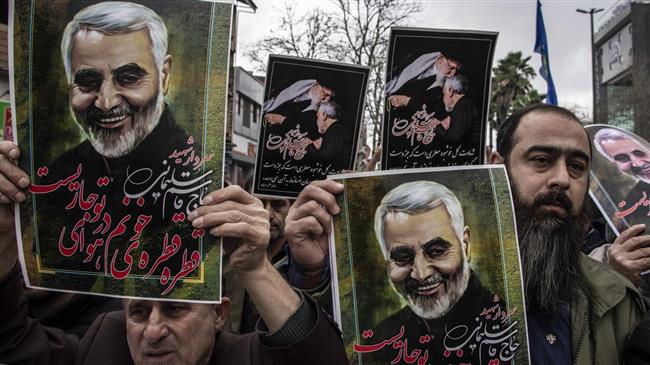
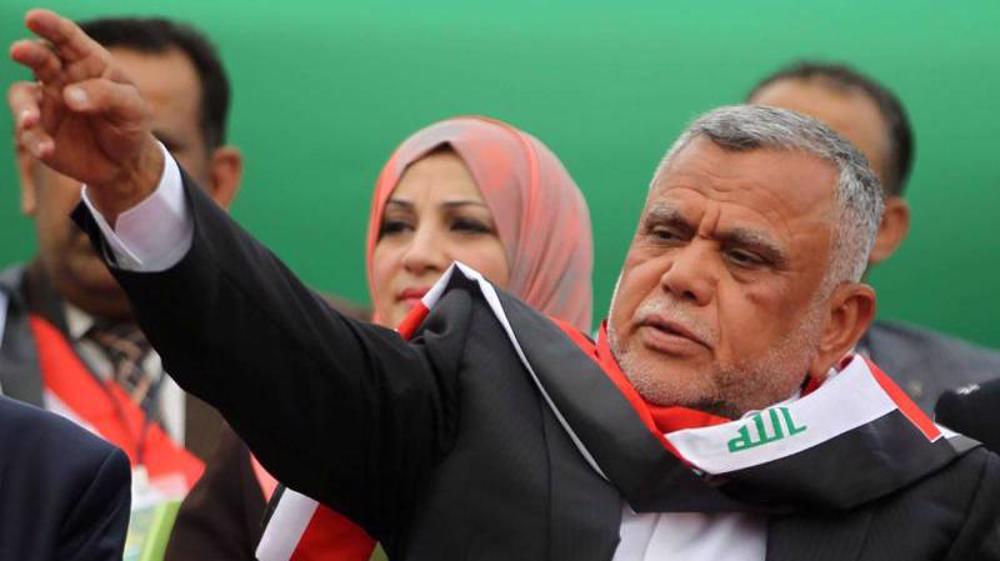
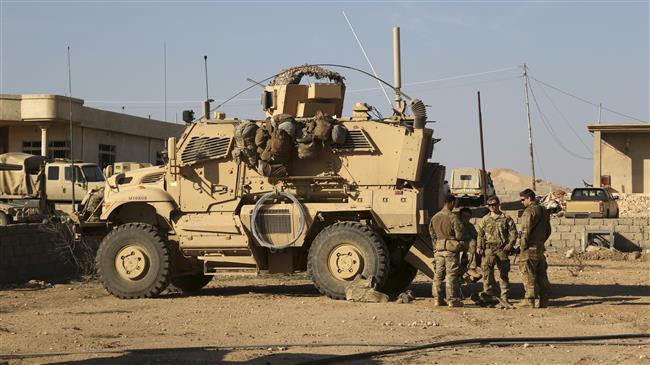
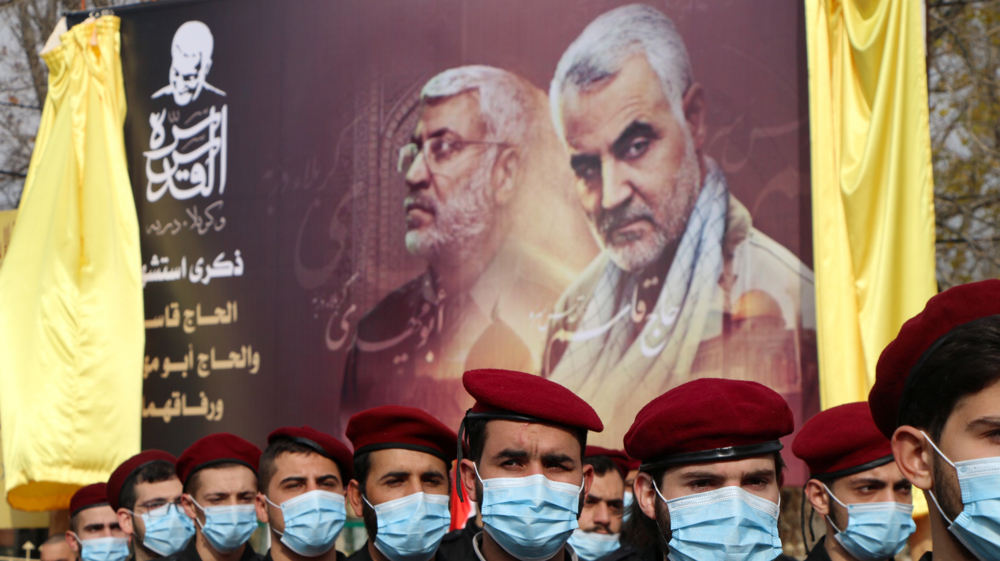
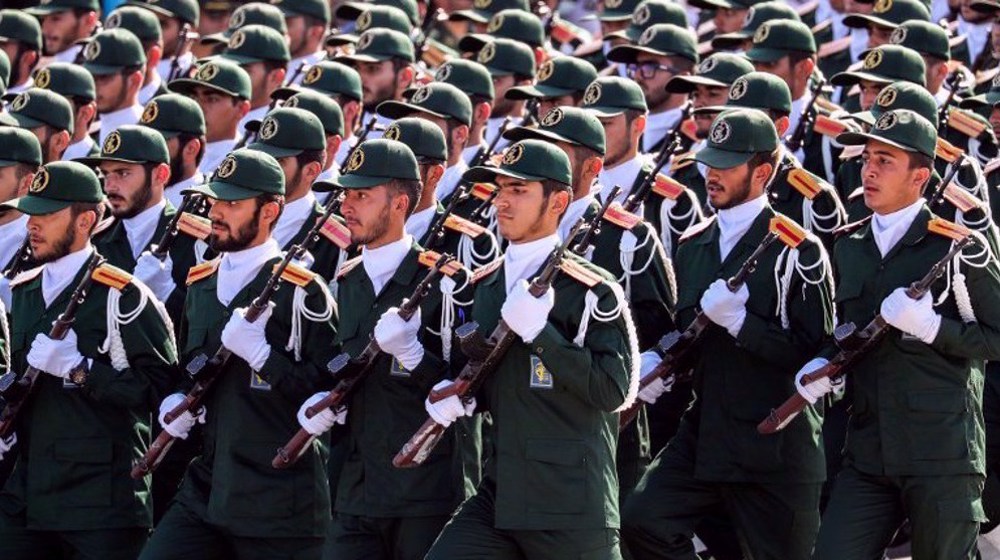
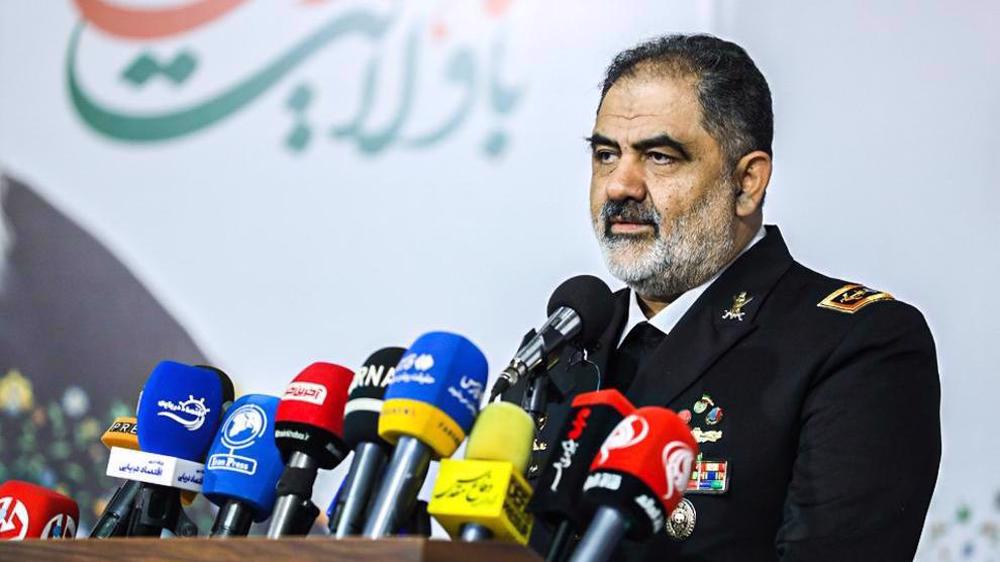
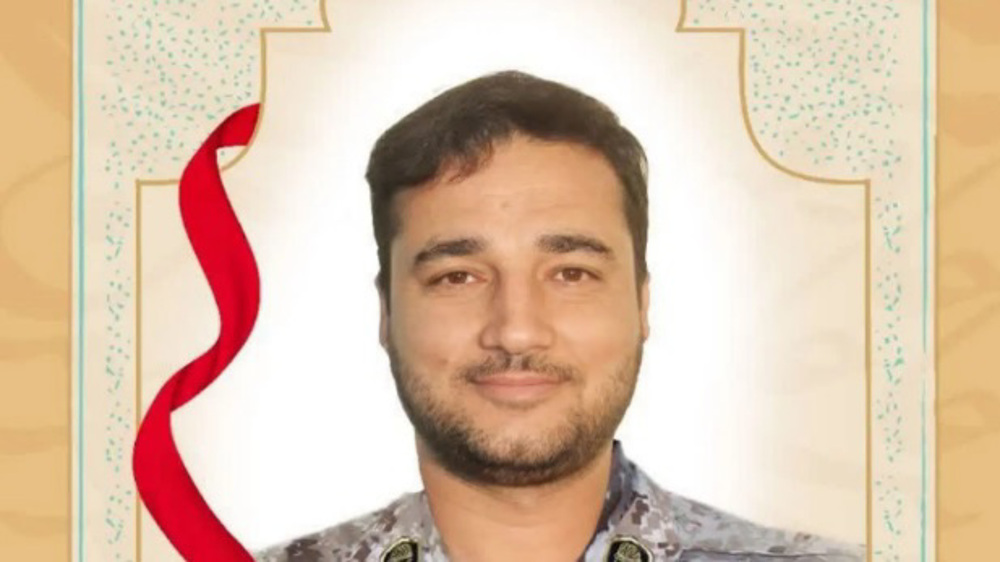



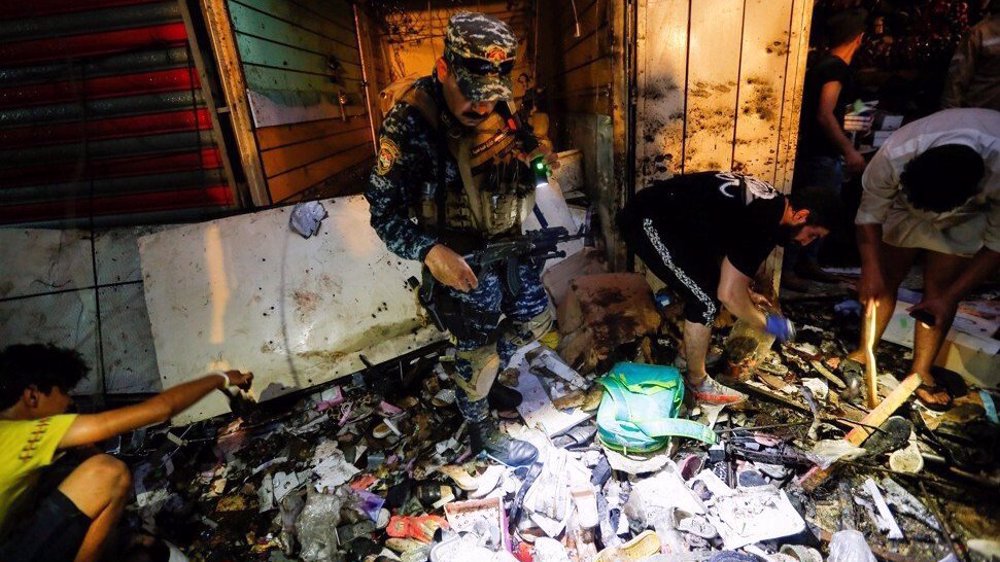
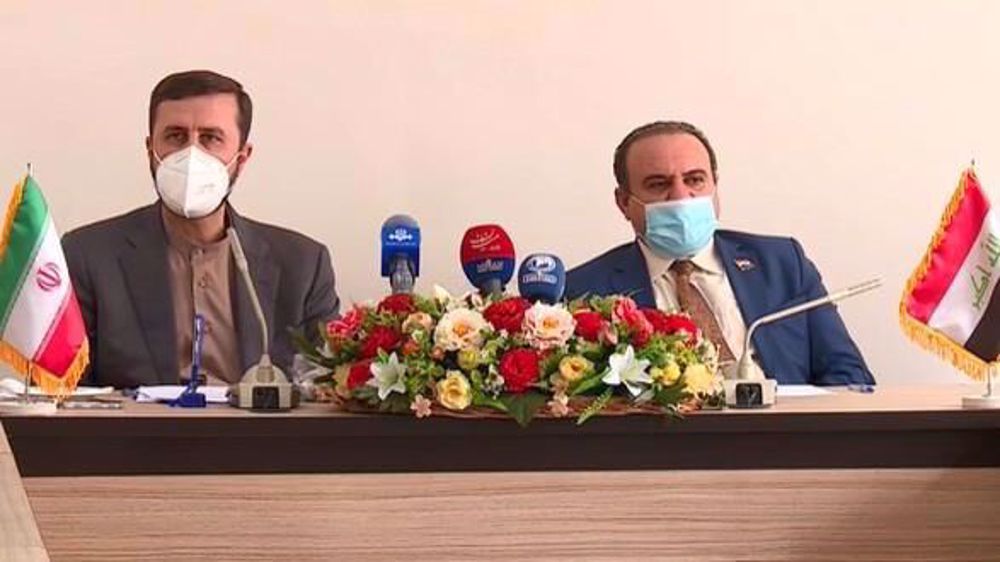
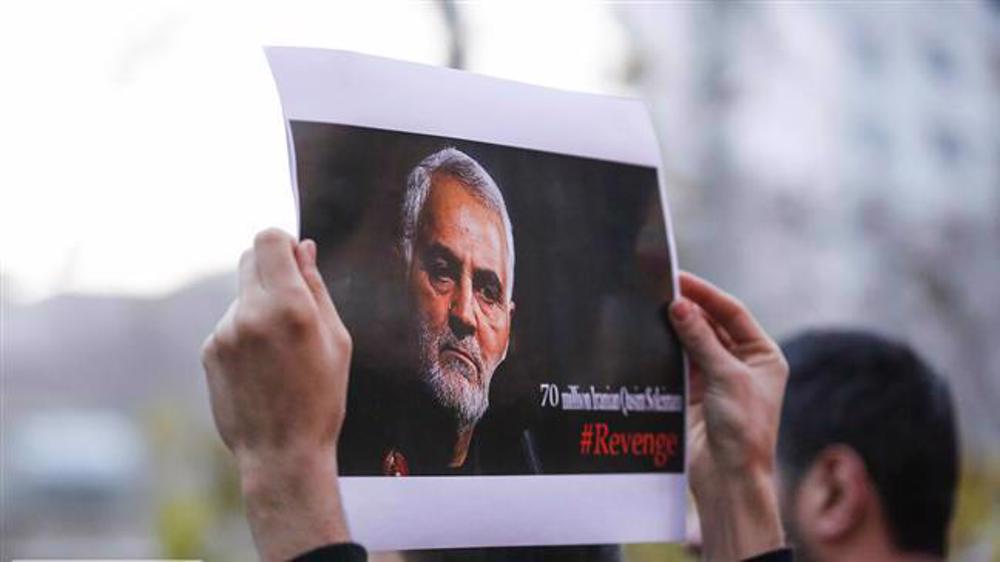

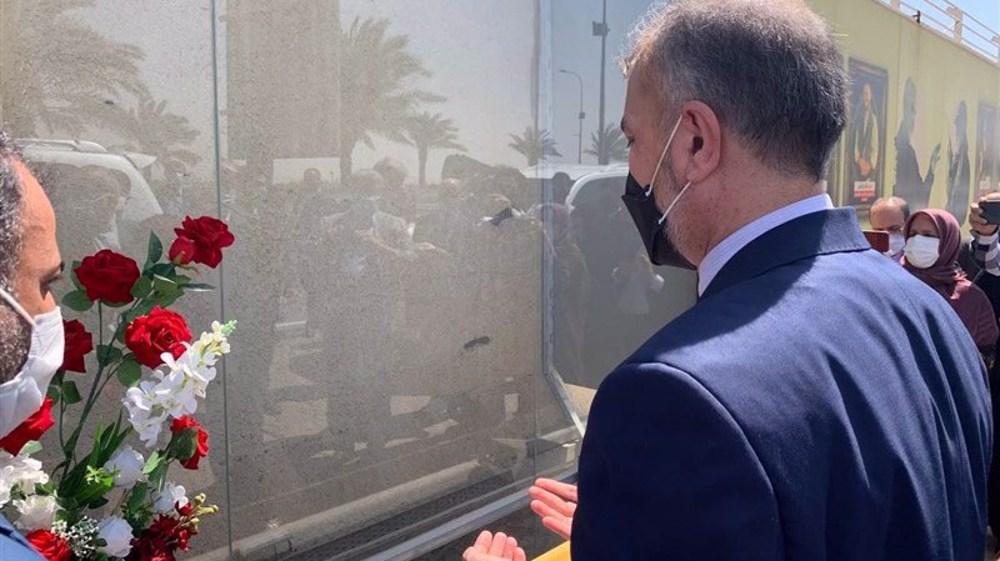


 This makes it easy to access the Press TV website
This makes it easy to access the Press TV website